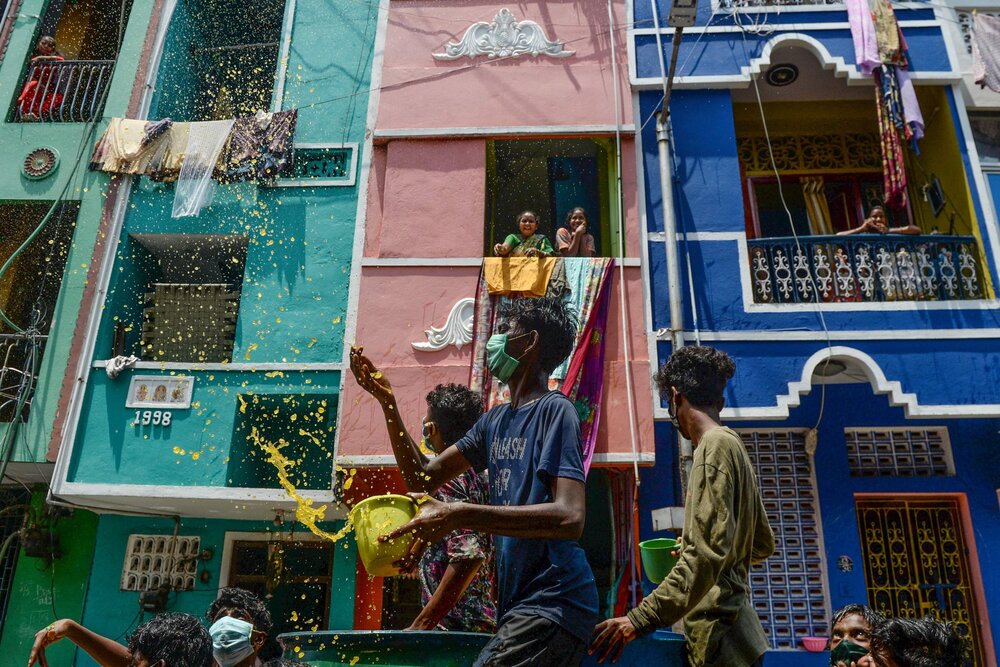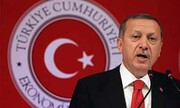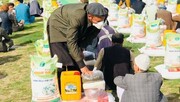Hawzah News Agency (New Delhi - India) - India’s lack of capacity in fighting the spread of the coronavirus stands exposed in its substandard quarantine centers and media disinformation campaign against Muslims.
The country is normally eager to present a good image to the outside world, but many Muslim visitors put under coronavirus quarantine in Delhi have been badly treated.
India's Ministry of Home Affairs on April 2 "blacklisted" 960 foreigners for doing tabligh work (sharing Islamic knowledge and values with people and inviting them to this beauty) or propagation of Islam, while being in the country on visit visas. They included Indonesians, Malaysians, people from Kyrgyzstan, Bangladeshis, Algerians, Afghans and some from Western countries.
A total of 2,361 Indians and foreigners were evacuated from the religious group Tablighi Jamaat headquarters, popularly known as Markaz, in Delhi's Nizamuddin area when the place was closed on the morning of April 1 amid a nationwide lockdown to combat the coronavirus.
Most people were sent to quarantine centers, and 617 were taken to hospitals.
There are daily hundreds of people at Markaz, attending sermons and prayers to improve their religious knowledge or seeking spiritual experiences by going to far-flung areas of India for religious propagation.
When Indian Prime Minister Narendra Modi made his surprise announcement that the country will go under a three-week lockdown within hours starting March 25, people were told to stay where they were.
No movement of anyone other than those involved in essential services like running utilities, hospitals or food supply chains was allowed.
Those stranded in Markaz sought police and the Delhi administration's help to be sent to their homes and hotels but could not get passes for transportation, according to a Markaz press release on March 31 after they came under a barrage of media criticism for the gathering amid concerns over the coronavirus.
There was a large-scale event on March 13-15 in which people from India and abroad participated and some of the attendees remained in Delhi.
Several coronavirus positive cases have been found among those attending the Tabligh events, but a sustained media campaign to target the group ignores the fact that the country has hardly tested people in sufficient numbers to gauge the prevalence of infections.





Your Comment